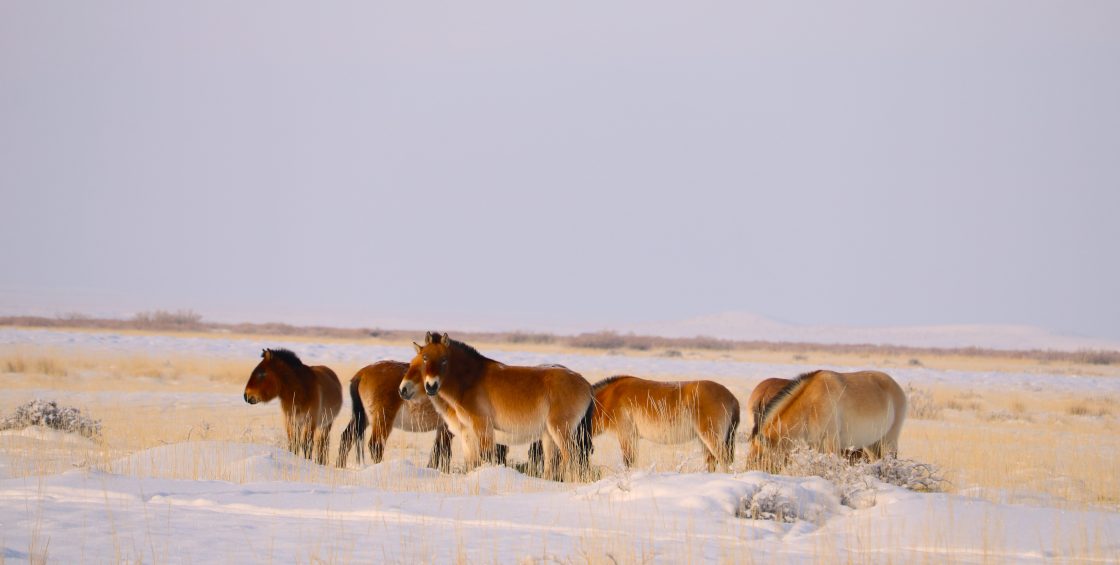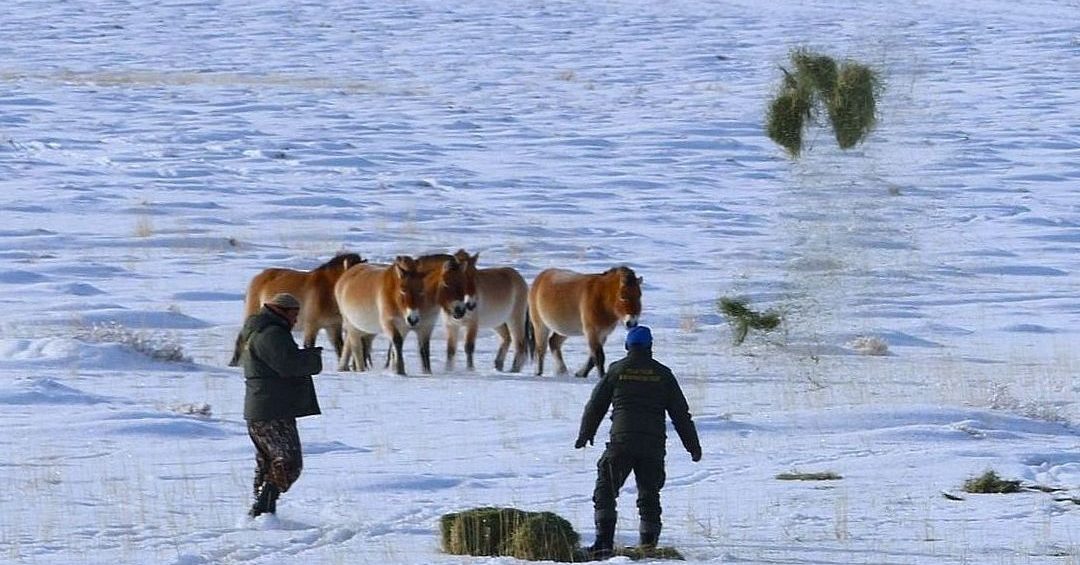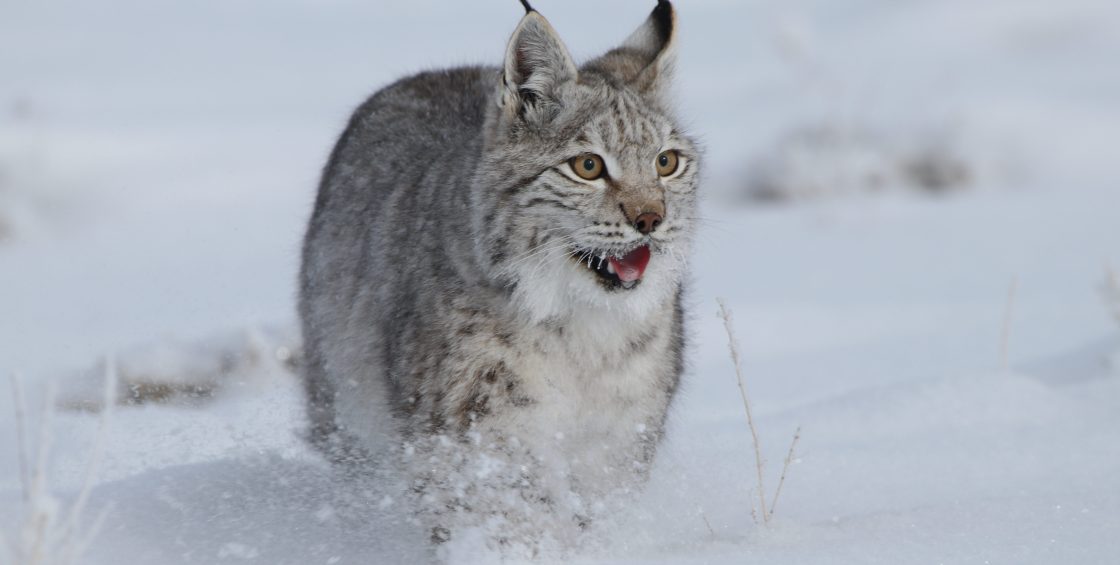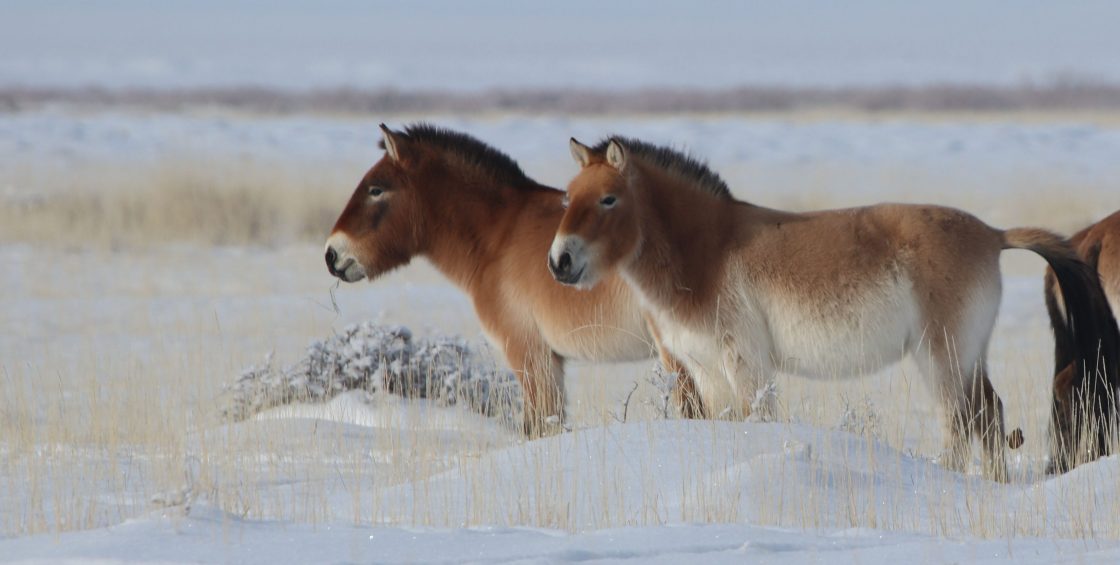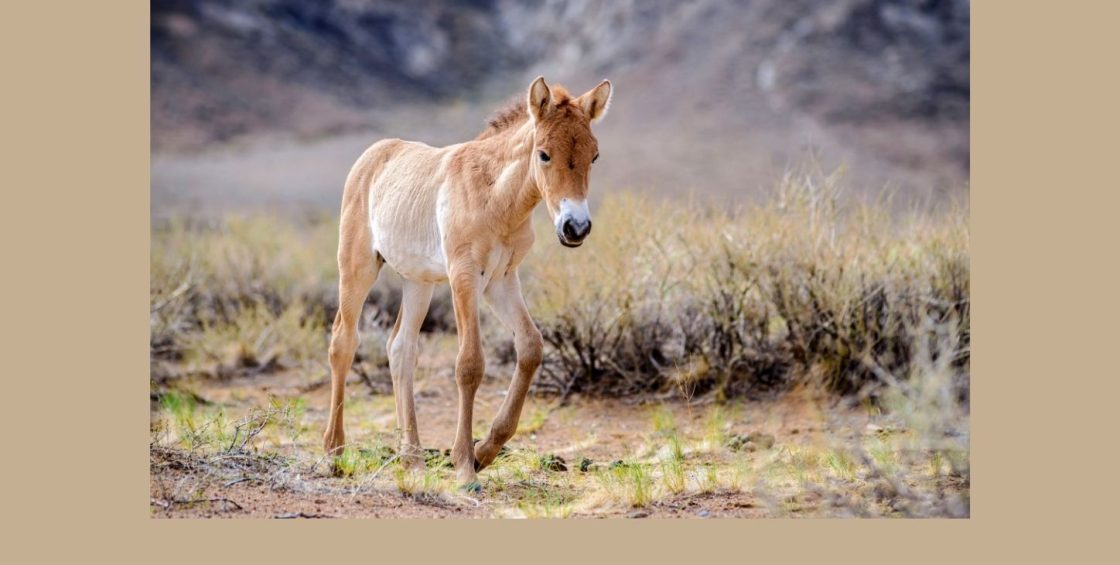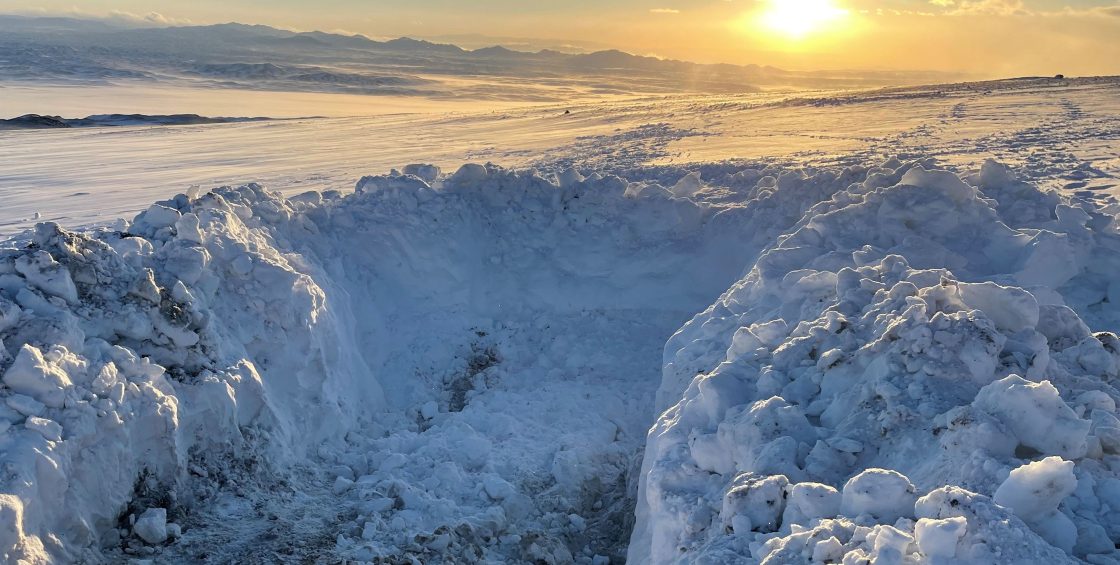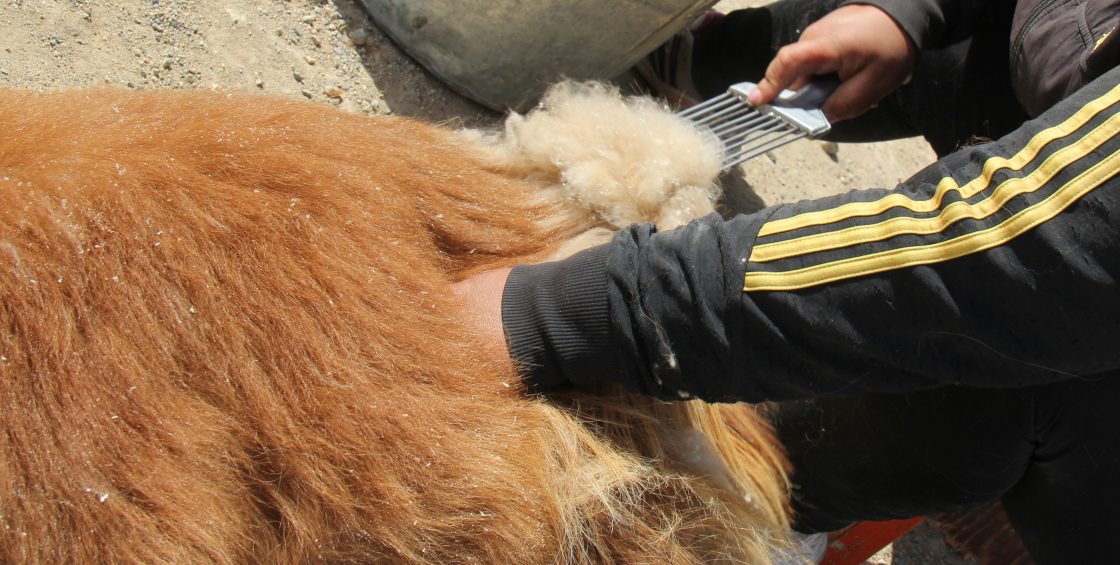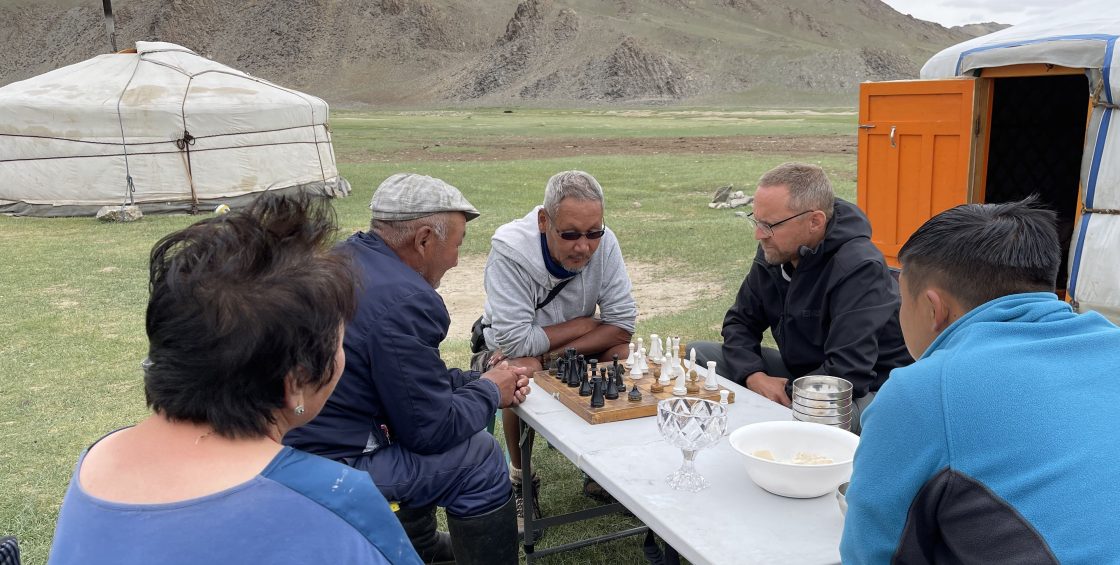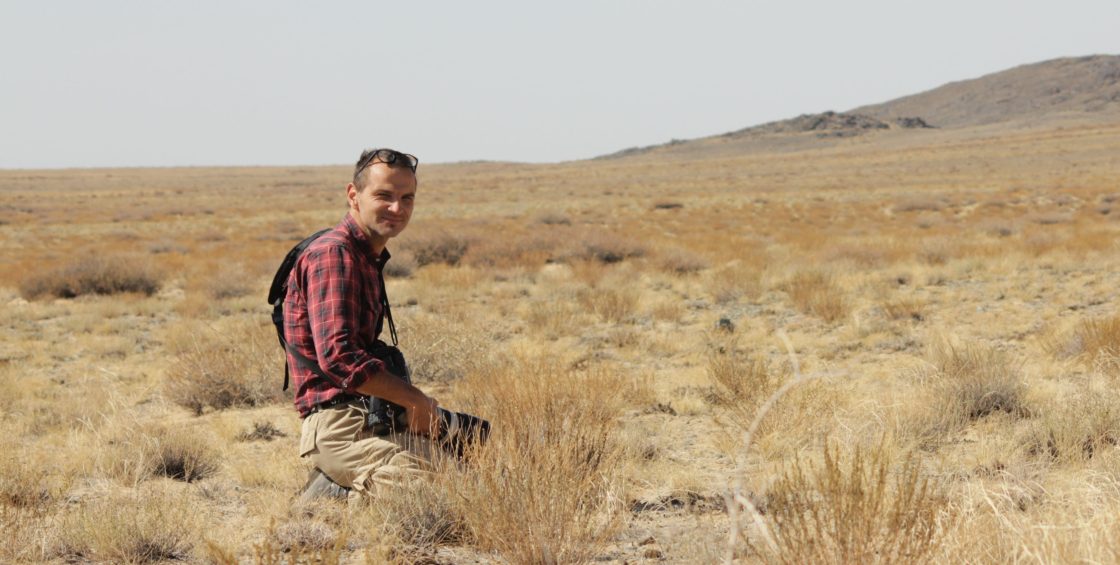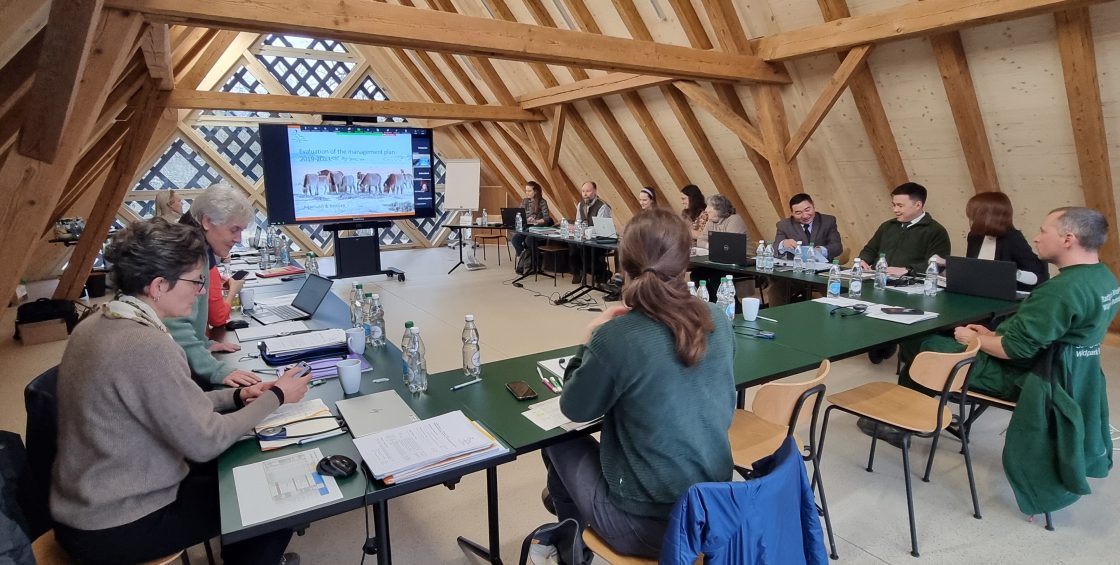
ITG-Workshop 2024
This year’s ITG-Workshop was under the motto “New Strategies”. We hosted the workshop in the building “Fauna” in the wildlife park Bruderhaus in Winterthur, Switzerland. The Mongolian delegation arrived with two participants from the Mongolian Ministry of Environment and Tourism (MET), the director of the Great Gobi B and the ITG executive director of Mongolia. The ITG board members also welcomed participants from the Frankfurt Zoological Society, partner zoos (Nurenberg and Berlin), and the Hanns-Seidel Foundation. During three days new strategies for the Great Gobi B were discussed concerning the protected area management, environmental and social challenges, the one-health approach, and the takhi management in the future. New ideas were created, ongoing activities evaluated and deepened further and the takhi in Winterthur were observed with a smile on our faces. Currently, around 260 of this unique species are roaming in the Gobi steppe.

